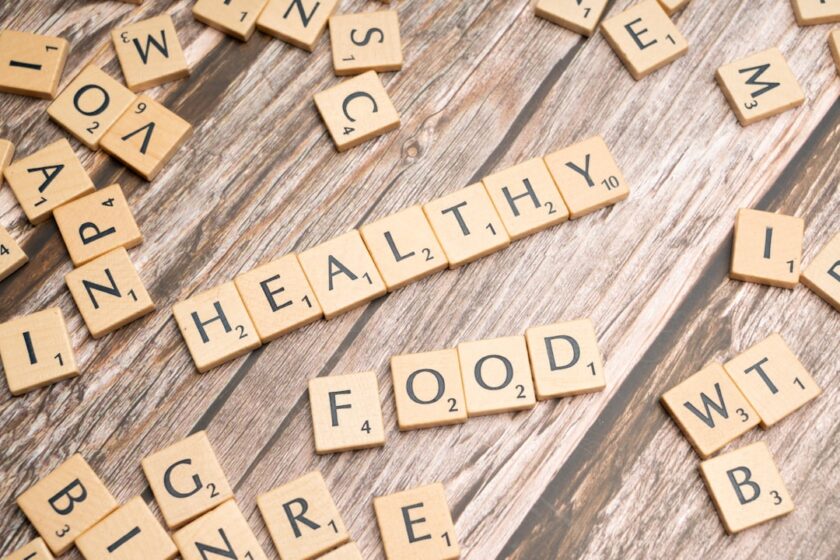What are Gut Health Foods?
Gut health foods are those that promote a healthy gut microbiome, the collection of microorganisms in your digestive tract. These foods can aid digestion, enhance nutrient absorption, and boost your immune system.
Why is Gut Health Important?
The gut plays a crucial role in overall health. It influences:
- Digestion: Efficient breakdown and absorption of nutrients.
- Immune Function: A significant portion of the immune system is located in the gut.
- Mental Health: The gut-brain axis links gut health to mood and cognitive function.
- Weight Management: Gut health impacts metabolism and weight regulation.
What Foods are Beneficial for Gut Health?
Here’s a list of foods that can help improve gut health:
1. Probiotic-Rich Foods
- Yogurt: Contains live cultures that promote a healthy microbiome.
- Kefir: A fermented dairy product with more probiotics than yogurt.
- Kraut and Kimchi: Fermented vegetables that are rich in probiotics.
- Miso: A fermented soybean paste loaded with beneficial bacteria.
- Tempeh: A fermented soybean product, high in protein and probiotics.
2. Prebiotic Foods
Prebiotics are non-digestible fibers that nourish probiotics. Foods rich in prebiotics include:
- Garlic: Adds flavor and boosts gut health by supporting beneficial bacteria.
- Onions: Rich in flavonoids that benefit gut health.
- Asparagus: Great source of fiber and prebiotics.
- Bananas: Provides natural sugars that serve as food for good bacteria.
- Oats: High in beta-glucans, providing prebiotic fibers.
3. Fiber-Rich Foods
Dietary fiber is essential for digestive health, promoting regular bowel movements. Consider including:
- Fruits: Apples, pears, and berries are excellent sources of fiber.
- Vegetables: Carrots, broccoli, and leafy greens like spinach.
- Legumes: Beans, lentils, and chickpeas are high in fiber and protein.
- Whole Grains: Quinoa, brown rice, and whole wheat bread.
How Can I Incorporate Gut Health Foods Into My Diet?
It’s easier than you think to add gut-friendly foods to your daily meals. Here are some tips:
1. Breakfast Ideas
- Add yogurt or kefir to smoothies or oatmeal.
- Include fruits like bananas along with oatmeal or cereals.
- Make a chia seed pudding topped with berries.
2. Lunch Options
- Prepare salads with leafy greens, onions, and a sprinkle of seeds.
- Sandwiches with whole-grain bread, hummus, and plenty of veggies.
- Wraps with fermented foods like kimchi or sauerkraut.
3. Dinner Suggestions
- Stir-fry with asparagus, broccoli, and tofu or tempeh.
- Legume-based soups, like lentil or chickpea stew.
- Whole grain pasta dishes topped with a garlic and vegetable sauce.
Are There Any Foods to Avoid for Gut Health?
Certain foods can negatively impact gut health, including:
- Processed Foods: Often low in fiber and high in sugars.
- Artificial Sweeteners: Can disrupt gut bacteria composition.
- Excessive Sugar: Promotes harmful bacterial growth.
- High-Fat Diets: Can lead to dysbiosis, or an imbalance in gut bacteria.
How Long Does it Take to See Improvements in Gut Health?
Individuals may start to notice improvements in digestion and overall well-being within a few days to weeks after making dietary changes. However, significant changes may take longer, depending on various factors including:
- Current diet and lifestyle
- Severity of gut issues
- Consistency in following gut-friendly habits
Conclusion
By incorporating a diverse range of gut health foods into your diet, you can improve your gut microbiome, enhance digestion, and boost your overall health. Remember to consult with a healthcare professional when making significant changes to your diet, especially if you have existing health conditions.



